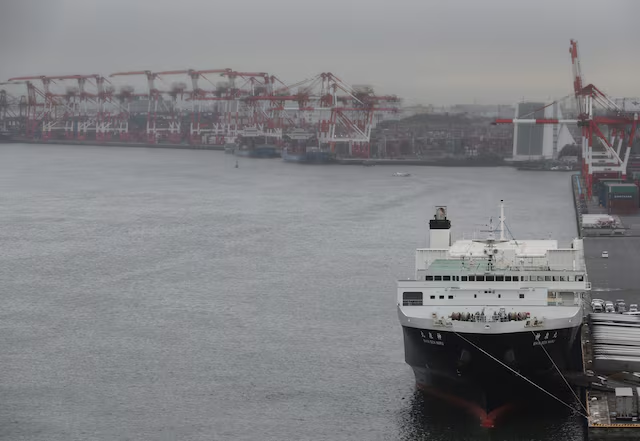South Korea’s government has issued an urgent call for the public to get vaccinated against COVID-19, as a surge in infections across neighboring countries sparks renewed concerns of another wave within the country. Health officials are particularly emphasizing booster doses for vulnerable groups, including the elderly and those with preexisting conditions.
The Korea Disease Control and Prevention Agency (KDCA) warned on Friday that increased travel and easing of public health measures have created conditions ripe for the virus’s resurgence. Officials noted rising case numbers in countries like China and Japan, which are experiencing new waves attributed to emerging Omicron subvariants.
“While South Korea’s case numbers remain relatively stable, we are not immune to the regional trend,” said KDCA Commissioner Lim Hee-jung. “Vaccination is the most effective tool we have to protect ourselves and our communities.”
As of this week, the government has reported a slight uptick in domestic COVID-19 cases, although hospitalization and death rates remain low. Health experts caution that without increased vaccination coverage—especially among high-risk populations—South Korea could face another strain on its healthcare system in the coming weeks.
To bolster preparedness, the Ministry of Health and Welfare announced it will expand access to updated bivalent vaccines at local clinics and pharmacies starting next week. These updated shots are designed to offer broader protection against newer variants circulating in the region.
In addition, health authorities are reviewing the possibility of reintroducing indoor mask recommendations at hospitals and long-term care facilities if infection rates rise further. For now, there are no plans to reimpose broad social distancing mandates, but officials are urging voluntary caution.
The government has also launched a nationwide public awareness campaign, encouraging citizens to receive booster shots and remain vigilant. Mobile vaccination units will be deployed in rural areas and major transportation hubs, aiming to reach populations that may have missed earlier immunization rounds.
According to the KDCA, about 70% of the population has received at least three vaccine doses, but uptake has slowed significantly in recent months. Health experts warn that complacency could undermine the country’s pandemic resilience, especially with global travel and commerce fully reopened.
Meanwhile, education authorities are coordinating with the health ministry to monitor infection rates in schools and universities. Should outbreaks occur, temporary testing and quarantine measures may be reinstated in affected institutions.
South Korea earned international praise for its early pandemic response, combining aggressive testing, contact tracing, and public cooperation. However, like many countries, it now faces the challenge of maintaining long-term vigilance without overwhelming pandemic fatigue.
“The virus is evolving, and so must our response,” Commissioner Lim said. “Vaccination remains our strongest defense, and we urge everyone—especially seniors—to get their shots before the virus gets ahead of us again.”
For now, officials continue to monitor trends closely, hoping that proactive vaccination efforts will prevent the kind of resurgence seen elsewhere in Asia.
Source: The Korea Times



